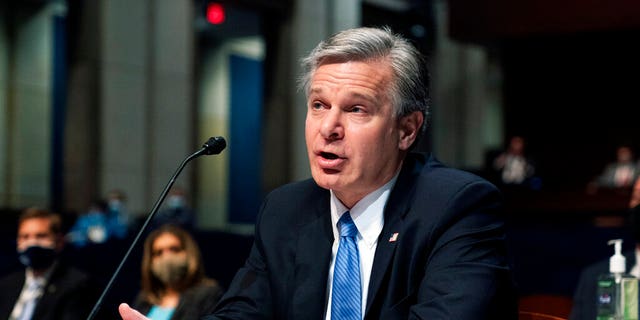Industrial and Commercial Bank of China suffers ransomware attack; trades in US Treasury market disrupted: Report
Industrial and Commercial Bank of China (ICBC), the country’s largest commercial lender by assets, reportedly suffered a ransomware attack on Thursday that disrupted the trades in the US Treasury market. However, the impact of the ransomware attack seemed to be limited, Reuters reported.
In a statement, ICBC Financial Services said a ransomware attack resulted in disruption to certain systems and it was conducting an investigation and “progressing its recovery efforts.”
The bank said it had successfully cleared Treasury trades executed on Wednesday and repurchase agreements (repo) financing trades done on Thursday.
The Treasury trades executed on Wednesday and repurchase agreements (repo) financing trades done on Thursday had been successfully cleared, the bank said.
(Exciting news! Mint is now on WhatsApp Channels  Subscribe today by clicking the link and stay updated with the latest financial insights! Click here!)
Subscribe today by clicking the link and stay updated with the latest financial insights! Click here!)
Bloomberg reported citing people familiar with the situation that a prolific criminal gang known as Lockbit is suspected to have orchestrated the hack.
According to some market participants, trades going through ICBC were not settled due to the attack and this affected market liquidity, Reuters reported.
In ransomware attacks, hackers encrypt an organization’s systems and demand ransom payments in exchange for unlocking them.
The Financial Times earlier had reported that the US Securities Industry and Financial…





